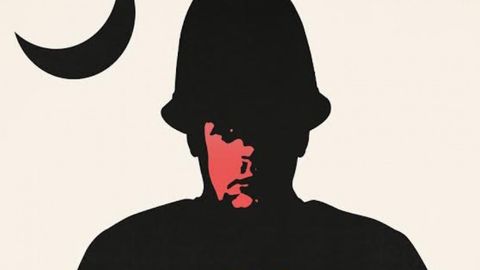Mindful of mystery as a smart way to get some attention, Uncle Acid & The Deadbeats began their career by promoting themselves as faceless, witchy occultists with a fascination for schlock horror.
2012’s Blood Lust was a homage to all things Hammer, while the following year’s Mind Control was informed by the darker end of the 60s counterculture. Fourth album The Night Creeper is their most convincing statement yet, a buzzing set of doomy psych-rock songs with great hooks and punishing riffs.
Comparisons to Black Sabbath are inevitable, especially given the Iommi-like crunch of Waiting For Blood and the relentless Pusher Man. But for all their heaviosity and claustrophobic rhythms, Uncle Acid allow equal room for well-constructed melodies. The title track, for instance, is essentially a pop song smuggled in under a deep blanket of fuzz and distortion, then transformed into a sludgy epic with an ecstatic guitar solo.
There are traces of Electric Wizard and On The Beach-era Neil Young here too, not least on Slow Death, which evolves from a stoned reverie into a fearful jam of monster proportions.
Classic Rock 215: New Albums H-Z
_ _
_ _


